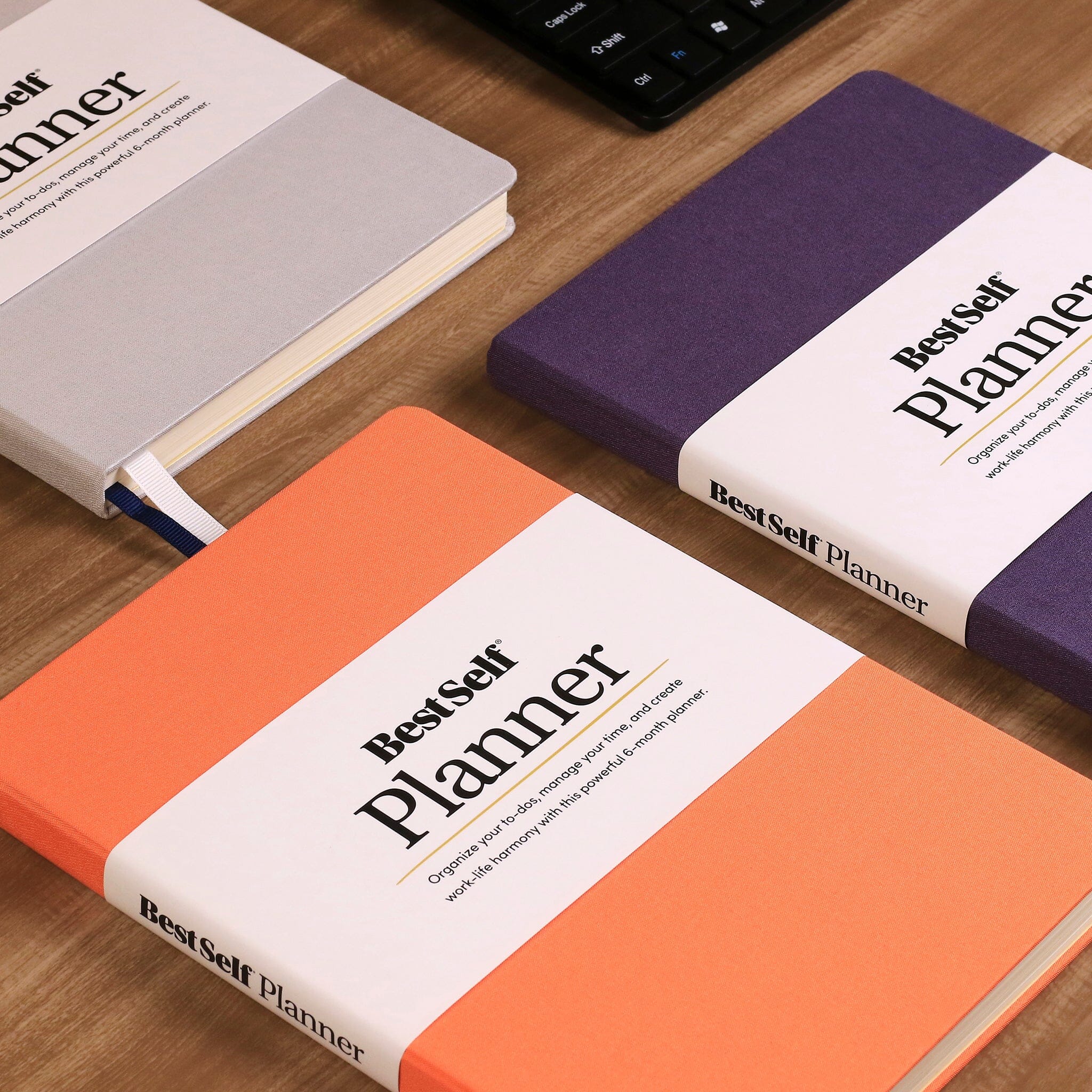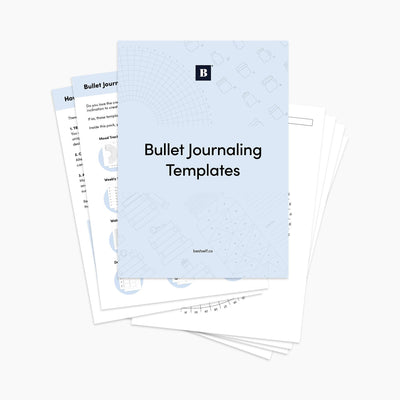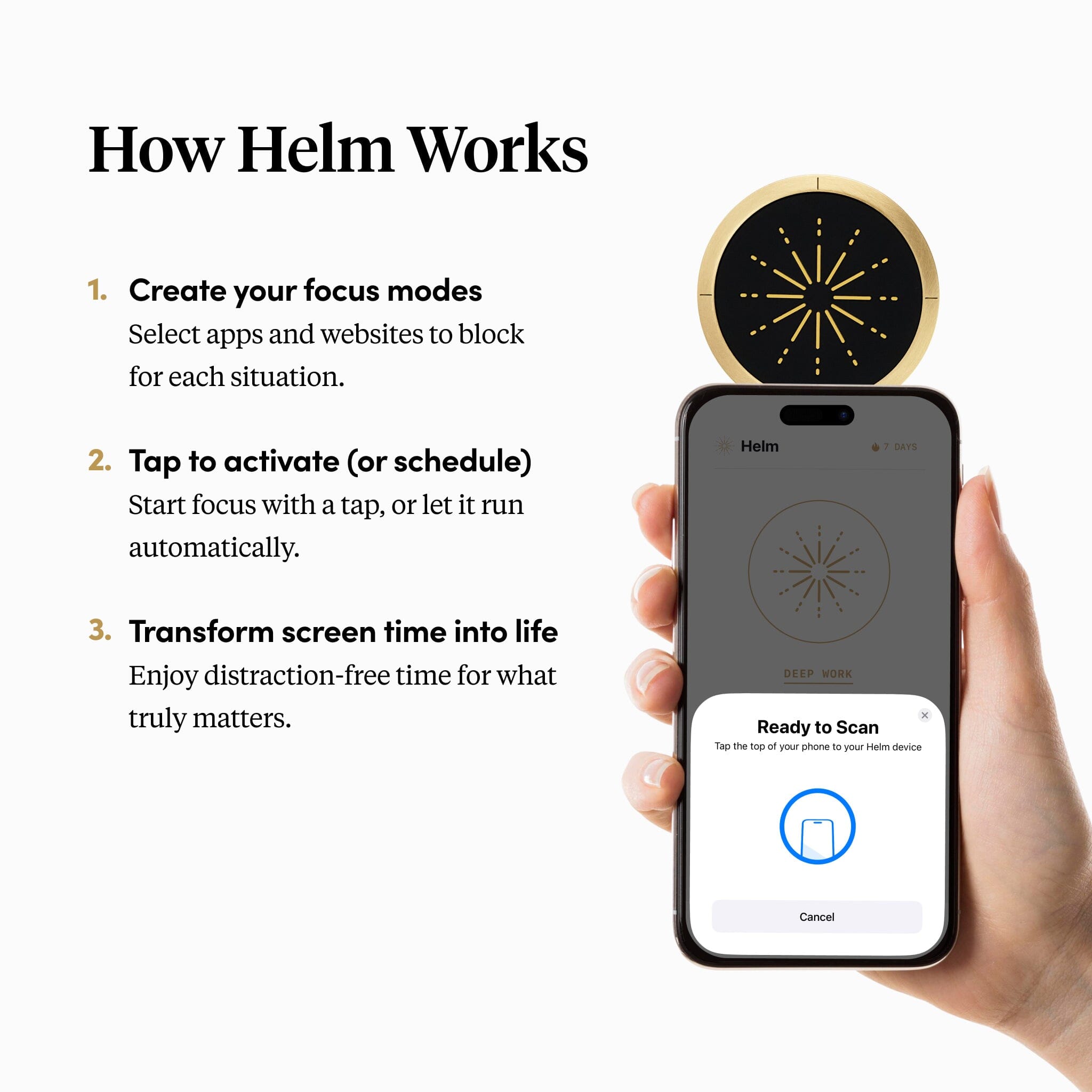The Progress Paradox: Why 'Perfect' is Your Biggest Obstacle
This morning, I found myself ensnared in a classic trap: staring at a significant project, endlessly thinking, "Just a few more tweaks..." Hours evaporated, consumed by minor adjustments, while other important tasks remained untouched.
Does this sound familiar? It's the siren song of perfectionism, and it rarely leads to truly perfect results. More often, it leads to perfect paralysis.
Science confirms this intuition. Research from the University of California indicates that individuals prioritizing progress over perfection are not only more productive but also report greater satisfaction with their work.
The Hidden Cost of 'Perfect' (Especially with ADHD)
Perfectionism can be a particularly insidious productivity killer, especially for those with ADHD brains. It often manifests as:
- Endlessly revising emails before sending.
- Delaying project initiation until conditions feel absolutely "right."
- Spending excessive time planning, leaving little time for execution.
The crucial distinction lies between healthy striving and debilitating perfectionism. Studies reveal that pursuing excellence (high standards coupled with self-compassion) yields better outcomes than pursuing perfection (high standards paired with harsh self-criticism).
A Better Way Forward: Reality-Check Questions
Instead of the paralyzing question, "Is this perfect?" (to which the answer is almost always "no"), try these reality-based prompts:
- "Is this moving me forward?" If yes, consider it ready to ship, share, or move to the next stage.
- "What's the smallest possible step I can take right now?" Then, take that step immediately.
- "If I saw someone else produce this, would I judge it as harshly as I'm judging myself?" Often, the answer is no.
Putting it into Practice: Timers as Permission Slips
For me, managing perfectionism, particularly with ADHD-related time blindness, involves using timers religiously. Parkinson's Law – the idea that work expands to fill the available time – is a critical concept here. Setting timers for tasks (even emails or tidying) creates boundaries and provides a crucial permission slip to be "good enough" and move on.
Quick Tool Tip: A simple Pomodoro timer can be revolutionary for managing time blindness and breaking tasks into focused bursts. (We even include one free with some journal bundles because it's so effective!)
🤔 Reflection Prompt
"What project, goal, or task are you currently holding back on because you're waiting for it to be 'perfect' before taking the next step?"

Practice Progress Today
Let's actively choose progress over perfection with these three steps:
1. Identify Your Stuck Point: Name the specific task you've been avoiding due to perfectionist tendencies.
2. Set a Progress Timer: Allocate exactly 25 minutes (one Pomodoro) to work on this task. Focus solely on forward movement – no editing, no second-guessing during this block.
3. Ship Something Small: Complete and share, submit, or send ONE small piece of work today, even if it feels imperfect. This could be a draft, an outline, or simply marking a sub-task as done.
The objective isn't to lower your standards but to increase your output while decreasing your stress.

The 2-Minute Rule
When you catch yourself spiraling into perfectionism over a minor task, apply the "2-Minute Rule" (popularized by David Allen): If it takes less than two minutes, do it immediately without overthinking. Remember, perfect is the enemy of done!

Embracing Imperfection
📚 Read: "The Gifts of Imperfection" by Brené Brown
A transformative book exploring how embracing vulnerability and imperfection leads to greater joy, connection, and wholehearted living. Brown's distinction between healthy striving and perfectionism is essential reading.
Remember: Your imperfect action today is far more valuable than your perfect intention that never materializes.
Here's to progress, not perfection 🥂,
Cathryn


































